Justice Minister, Princess Kasune, has unveiled a roadmap for constitutional reforms, proposing key amendments, including raising the number of nominated Members of Parliament beyond eight under Article 68(2)(b).
Addressing Parliament in Lusaka on Wednesday, Kasune highlighted planned amendments to Articles 58 and 68 to redraw constituency boundaries, ensuring the Constituency Development Fund (CDF) is allocated based on size and population rather than a uniform distribution.
Among the proposed changes, the government seeks to amend Article 52(6) to allow elections to proceed if a candidate resigns, preventing costly fresh nominations.
Amendments to Articles 47(2) and 68 would guarantee parliamentary seats for women, youth, and persons with disabilities, while Article 153(2) would reintegrate MPs into local councils to enhance development coordination.
To expedite election petitions, the government is proposing amendments to Articles 73(2), 101(5), and 103(2), ensuring determinations are made within 90 or 14 days.
Additionally, Article 57 would be revised to eliminate party vacancy by-elections, a move expected to save K264 million plus K3.9 million per candidate.
Further changes include:
• Amending Articles 81 and 266 to fix Parliament’s term at five full years.
• Amending Article 116 to require ministers to vacate office 90 days before elections to prevent abuse of state resources.
• Removing the two-term limit for mayors under Article 154(2)(b).
• Lowering the required experience for the Secretary to the Cabinet from 10 to five years under Article 176(3).
• Retaining Attorney General officials until new appointments by amending Articles 178(1)(b) and 179(4)(b).
• Defining “child” as under 18 and “adult” as 18+ in Article 266.
Kasune emphasized that these changes, rooted in the UPND’s 2021-2026 manifesto, prioritize equity and inclusion.
She noted that current CDF allocations fail to account for disparities, with some constituencies comparable in size to European nations receiving the same funding as much smaller ones.
She also highlighted the need for guaranteed representation for women, youth, and persons with disabilities while cutting excessive by-election costs, which have totaled K264 million since 2021.
“Since July 2024, the Electoral Commission of Zambia’s Technical Committee—comprising political parties, churches, academia, youth groups, and eminent persons—has gathered stakeholder views, reinforcing these non-contentious reforms,” Kasune said.
She announced that the bill would be gazetted for 30 days to allow public participation in shaping the reforms. The roadmap includes:
• March 26, 2025 – Parliamentary update.
• April 22, 2025 – Electoral Commission report.
• April 23 – May 20, 2025 – Drafting process.
• May 21 – June 21, 2025 – Public consultation via gazette.
• July 25, 2025 – Parliament to finalize amendments under Article 79.
Kasune urged Zambians to engage in the process, ensuring the reforms reflect the nation’s aspirations.
WARNING! All rights reserved. This material, and other digital content on this website, may not be reproduced, published, broadcast, rewritten or redistributed in whole or in part without prior express permission from ZAMBIA MONITOR.

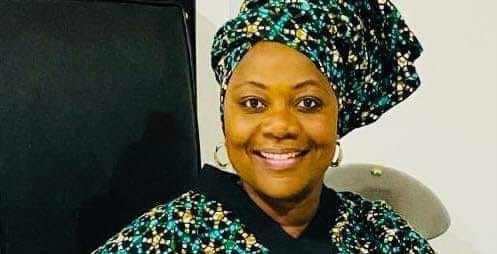
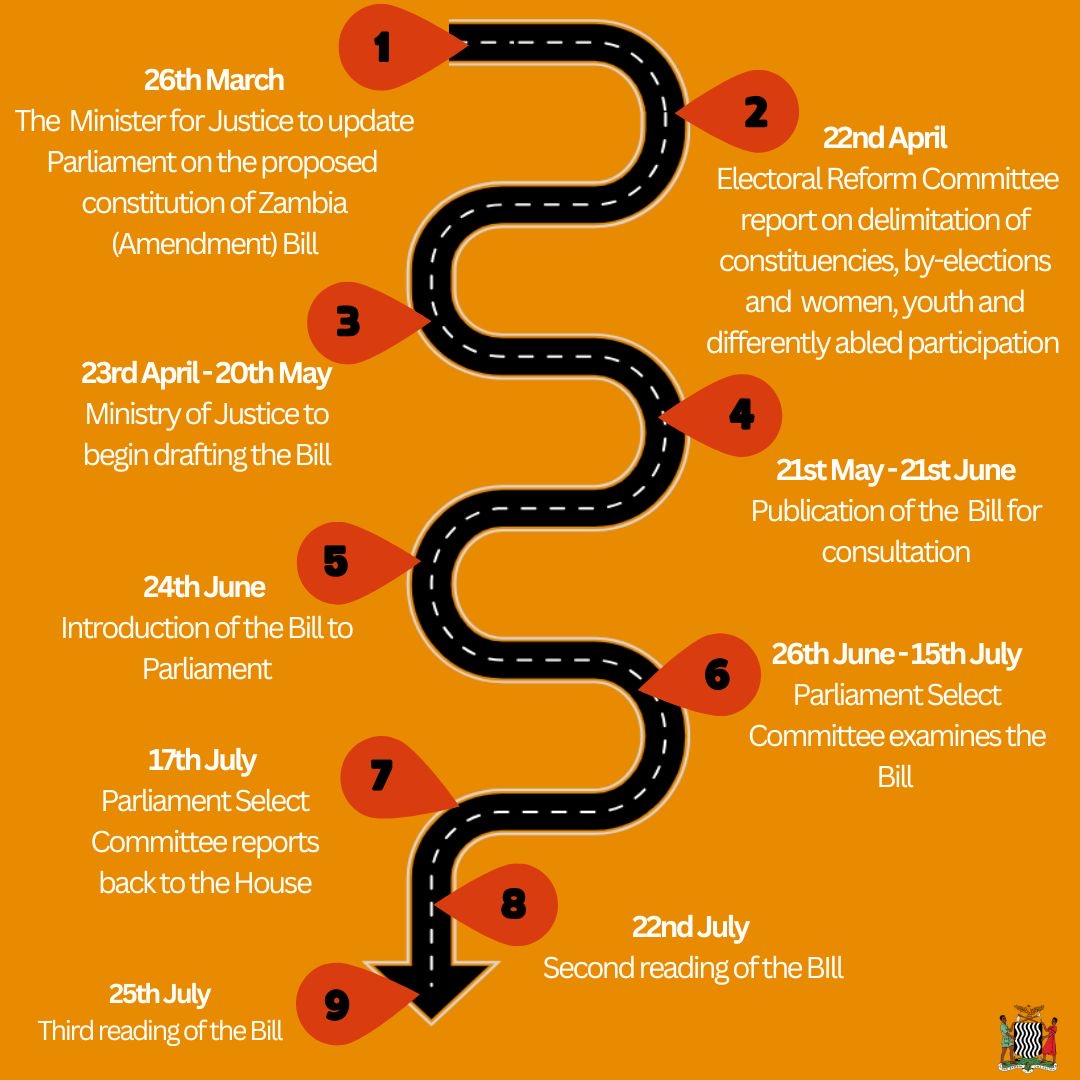


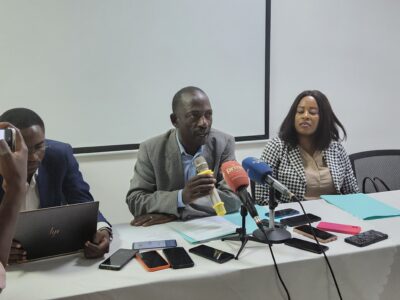
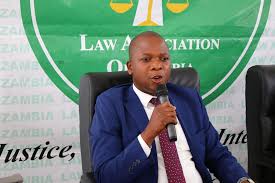
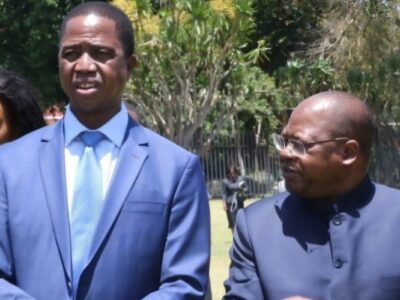




Comments